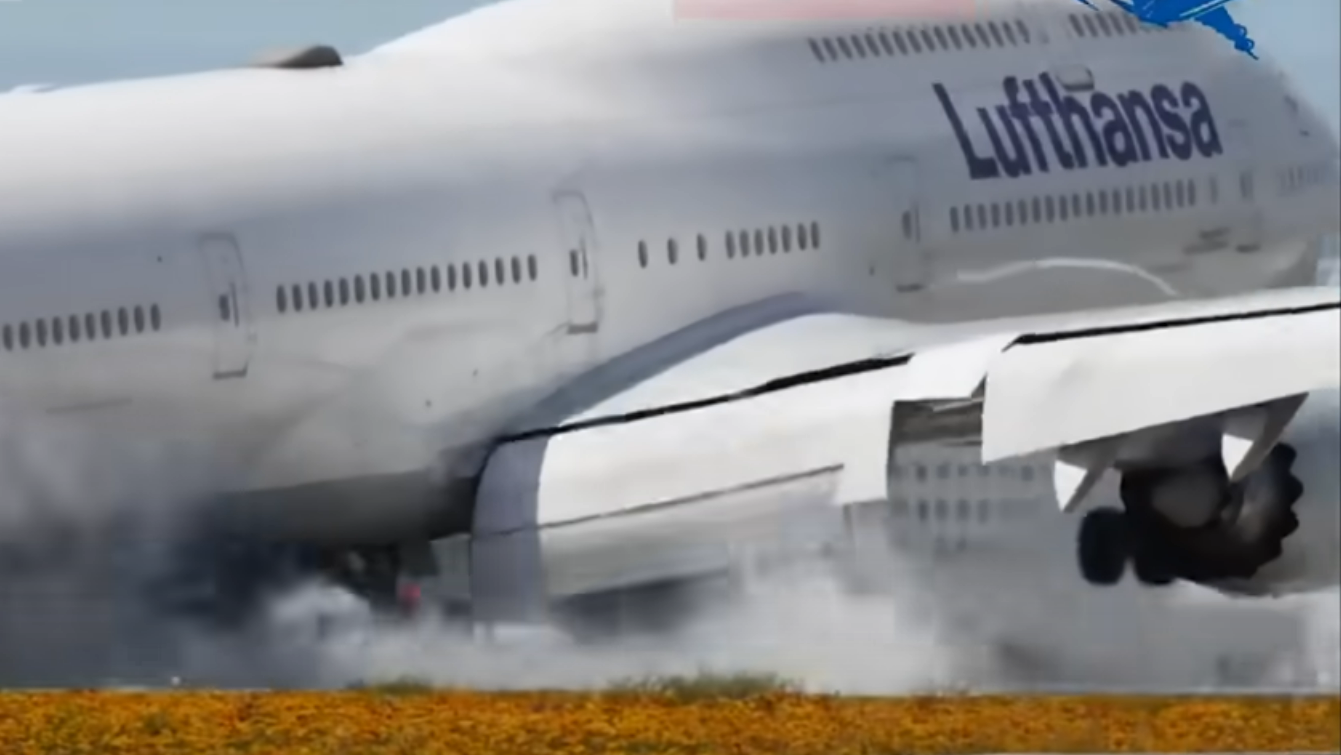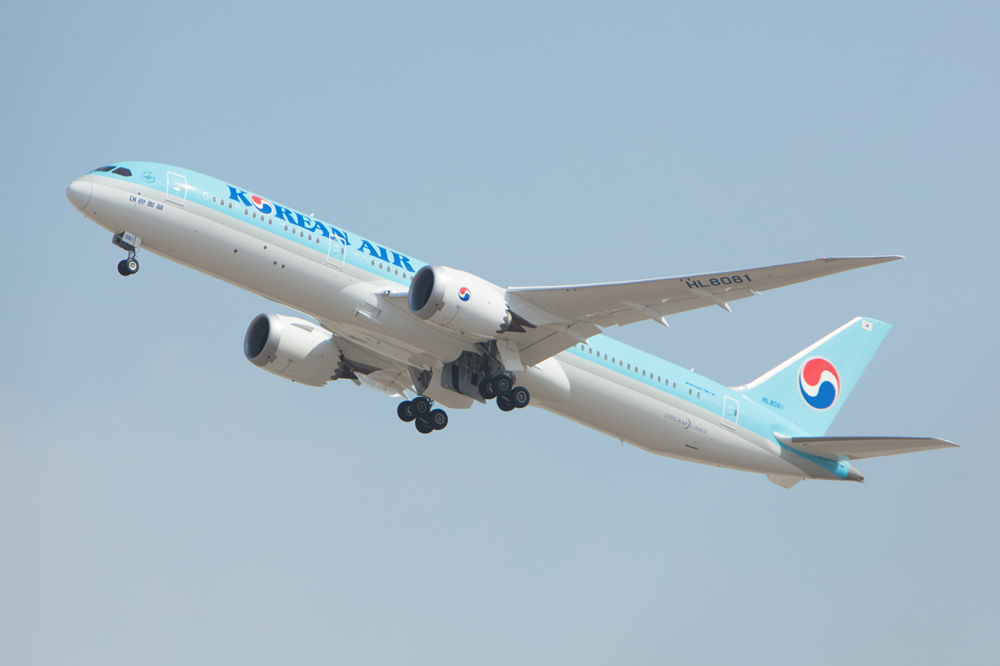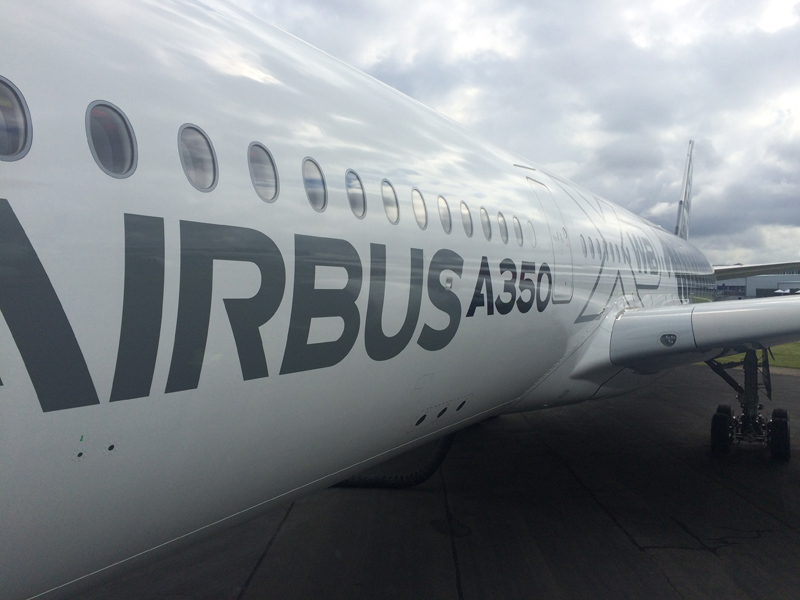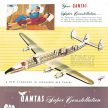An airline seat that converts into a wheelchair and a rivet-checking artificial intelligence are among the ideas to make it to the finals a global student competition aimed at uncovering the next revolution in aerospace.
The Airbus-sponsored “Fly Your Ideas” competition this year attracted 270 entries from around the world and narrowed them down to seven teams representing 11 countries and eight universities.
The Smart Wheelchair for Air Travel Needs (SWAN) by Team Move-Ez from the Technical University of Milan aims to make life easier for people with mobility problems.
READ: Innovative new aircraft designed to fly indefinitely.
It converts a redesigned class of detachable airplane seats into smart electric wheelchairs that passengers can control through an app on their smartphone.
“Currently, for people with reduced mobility, taking a plane is still stressful and painful,’’ the Team said on the Accessible Travel Online website.
“Airports and airplanes are still not developed to be fully accessible. SWAN is our idea to solve this crucial problem, it concerns a detachable airplane seat, which can be motorized through our device and controlled by a dedicated app.
“Our goal is to avoid the stressful handling inside the airplane. With our device, the passenger is free to use his personal wheelchair inside the airport and then switch to his actual airplane seat while he is still in the airport.”
A Solar “Windmill” for spacecraft power generation from the University of Cambridge uses two concentric aluminum spheres to collect energetic electrons from solar wind to generate power.
AirFish, also from the University of Cambridge, proposes using satellite imagery and video imaging technology to help governments combat illegal fishing and improve the efficiency of fish farming
An Argentine entry from National University of La Plata aims to provide actionable information to stock breeders on quality and quantity of pastures, the number of animals in paddocks and their health.
From Sarrtland University in Germany comes the Automated Intelligent Real-Time Inspection Exploiting Human-Robot Collaboration.
AIQInspect will assist a human operator to perform rivet inspections by using artificial intelligence and communicating its findings through augmented reality.
Other projects propose wireless switches without batteries and a new way of cooling electric motors using a water jacket or submerged cooling.
The students are competing for a share of a €45,000 prize fund and the chance to further develop their idea in the aerospace industry.
They will travel to Toulouse, France, in June to work in the Airbus innovation and R&D facilities before presenting them to experts.
























